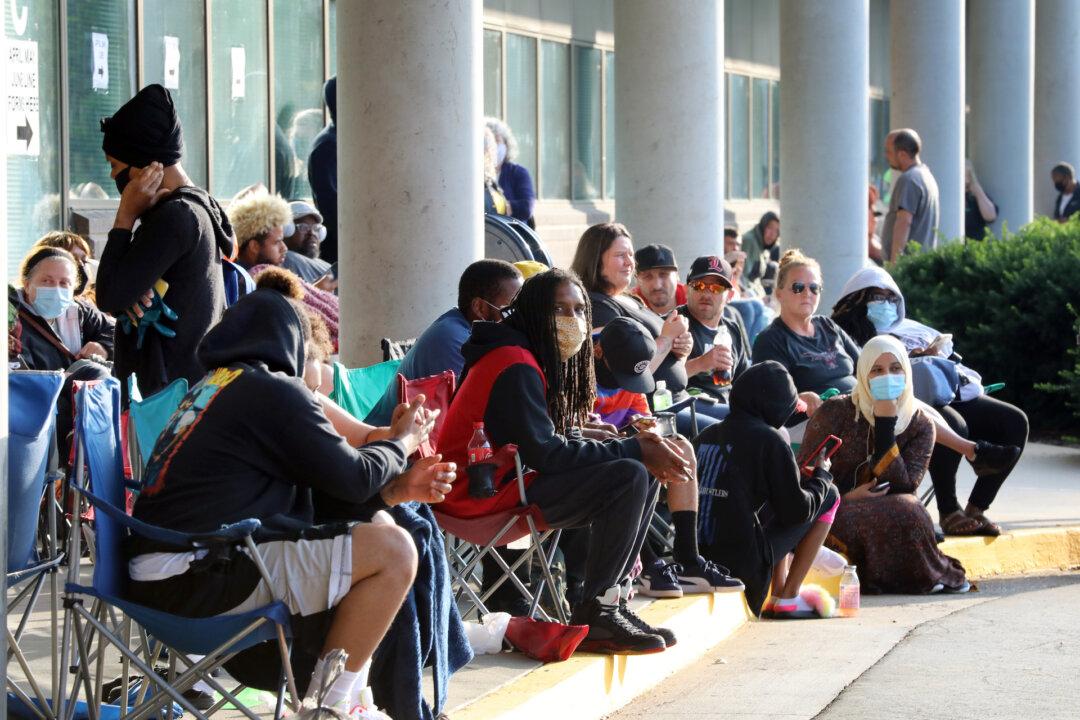Sen. Lamar Alexander (R-Tenn.) said Wednesday that Senate Republicans and negotiators from the Trump administration are considering a possible short-term unemployment insurance extension as hopes fade for a broader bipartisan agreement on a new stimulus package before the pandemic-related jobless benefits run out.
“We’re discussing that,” Alexander told Bloomberg News reporter Laura Litvan on Capitol Hill. Known as the Federal Pandemic Unemployment Compensation (FPUC) program, this is the additional federal benefit of $600 per week over and above regular and state unemployment insurance payments and other forms of pandemic unemployment assistance. Established by the $2.2 trillion CARES Act, the FPUC benefit is set to expire by July 31.





